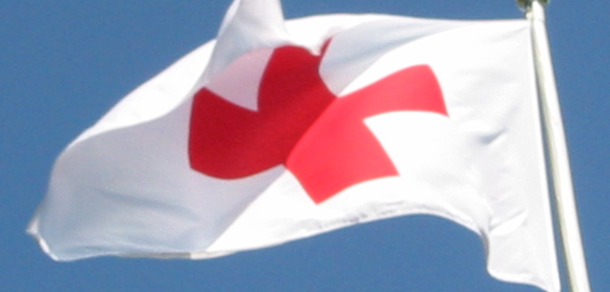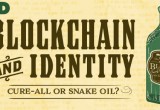Red Cross digital ID effort gives Blockchain a central role with Evernym
25 February, 2019
category: Digital ID, Financial
Evernym, a company using distributed ledger technology for identity, said it working with the Red Cross and four other global nonprofit groups on a project designed to boost the use and power of digital ID for humanitarian purposes.
The Red Cross distributed some $1 billion worth of humanitarian aid in 2017. We hit the realization that we can no longer do this with a spreadsheet and beneficiary ID cards.
Through a program called the Identity for Good initiative, or ID4G, the Red Cross and the other organizations will get ‘free access to the latest tools, technology, and expertise surrounding self-sovereign identity through the Evernym Accelerator Program,” according to the program’s website. The program normally charges an annual membership fee of $50,00 per year. Besides the Red Cross, other organizations taking part in the program are iRespond, DECODES, Tykn, and Rohingya Project.
Red Cross Digital ID development
The program, designed to “bridge the gap between an organizations use case and the latest in digital identity” offers “focused training from the world’s leading identity experts,” according to Evernym. Its Accelerator efforts effort reportedly allows members to perform a hands-on evaluation of innovative digital ID technology. The Red Cross and the other participants will also “receive tools for cutting edge-digital identity, education, and support to determine how the technology can be implemented.”
The Red Cross distributed some $1 billion worth of humanitarian aid in 2017. Blockchain-backed digital ID reportedly appeals to the organization because, according to Caroline Holt, head of global cash distribution for the Red Cross, “we hit the realization that we can no longer do this with a spreadsheet and beneficiary ID cards. We need something more sustainable, something people can establish, create, hold, and access their identities. It brings dignity, choice and economic stimulus to the local markets where humanitarian aid is needed.”
The general point of self-sovereign identity is to enable an individual — as opposed to a government, or a business — to own the data and records required for the various, often daily tasks of life, such as school registration and access to health care. In Evernym’s case, it provides a toolkit for Sovrin, created by Evernym and which it describes as a sophisticated blockchain identity solution. “It stores less on the ledger, and its elegance means that it can fulfill more use cases, more simply, with higher security and greater privacy,” says the company.
The goal?
According to one report, eliminating “individual passwords, accounts, and troves of toxic data sitting on centralized, and often unsecure, servers.”
According to Evernym CEO Timothy Ruff, “We’re happy to be bringing together NGOs, governments and commercial interests alike to increase access to necessary technologies and accelerate innovation for self-sovereign identity. Representation among the nonprofit community is essential for diversity of thought and deployments.”




